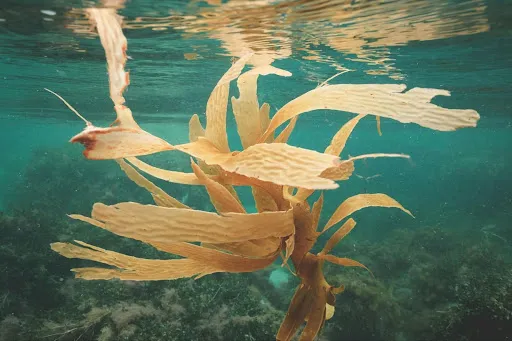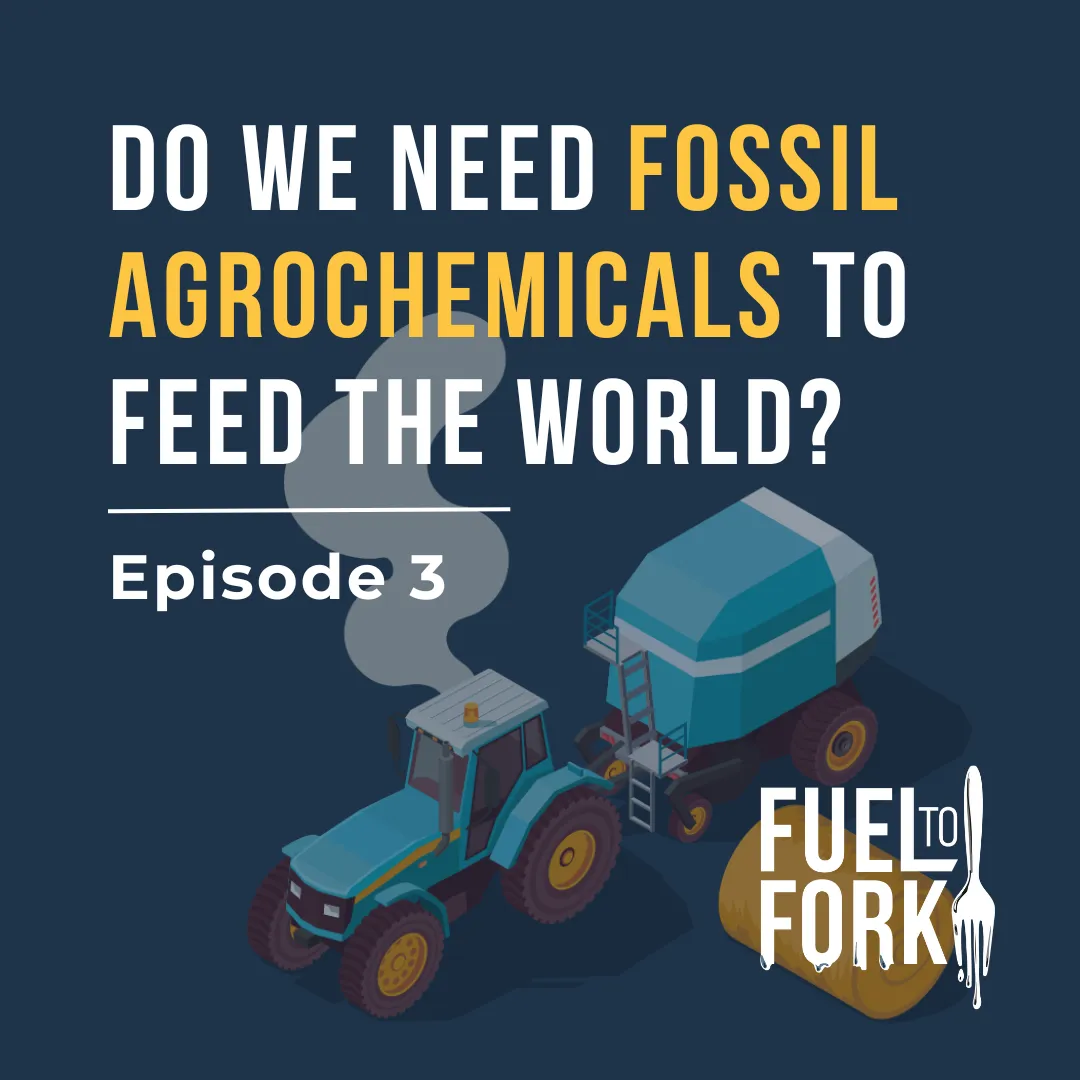Seaweed is an overlooked, but highly versatile climate solution, says Forbes in its coverage of a new study by investors. The article highlights the numerous co-benefits of seaweed; it’s a low-carbon food crop that requires few inputs, it has the potential to replace fossil fuel-derived plastics, and, the article even touts the crop as “the largest carbon sinks in the world”, although research disputes this claim.

Summary
Investment into oceans could provide vast potential for climate change action, according to a Forbes article. Research from Europe’s leading climate tech funds, World Fund and Katapult, argues that seaweed could provide vast climate benefits, from replacing fossil fuel-based products to carbon sequestration.
Despite covering 70% of the world’s surface, investors say that oceans have been “out of sight and out of mind” and that seaweed is a versatile crop that can provide numerous climate co-benefits. The article claims that seaweed can hold around 50 times more carbon than the atmosphere and has sequestered about 30% of anthropogenic CO2 emissions since the start of the industrial era. However, this is a misquote from a 2019 Pub Med study that says oceans, not seaweed, can hold 50 times more carbon than the atmosphere.
Seaweed’s potential to store carbon is in fact “highly uncertain”, according to a study by scientists last year. The study found that storing a gigaton of carbon (a quarter of what is needed to meet international climate goals) would require one million square kilometres of the most productive oceans. Ross Brooks from Katapult said that 20,000 square kilometres of seaweed could sequester 50 million tonnes of carbon. This storage is calculated under the assumption that the seaweed is converted to biochar and applied to croplands, a process that can enhance carbon sequestration and reduce nitrous oxide emissions.
Despite this uncertainty, the Forbes article highlights other uses of seaweed; additives for livestock feed to reduce enteric methane emissions, alternatives for fossil-fuel derived plastic packaging, and low-carbon fertiliser for crops. It cites that the market in Europe for bio-packaging could be worth €1.3 billion by 2030 and €1.8 billion for bio-stimulants (fertiliser).
Read the Forbes article here.




Comments (0)